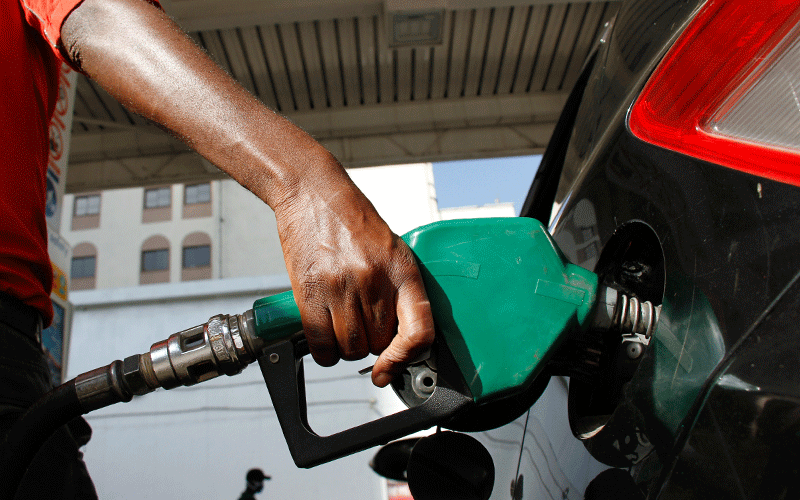EPRA flags four petrol stations for hiking fuel prices
By Francis Muli, April 19, 2022The Energy and Petroleum Regulatory Authority (EPRA) has promised stern action against four petrol stations in Migori, Kehancha, Awendo and Isebania for hiking fuel prices beyond the recommended retail prices.
This follows investigations being carried out jointly by EPRA and the Directorate of Criminal investigations against oil marketers who created an artificial fuel shortage in the country few days ago.
The Petroleum Ministry has indicated that normalcy has resumed in fuel stations across the country, despite some parts of the country still reporting fuel shortage,
“By yesterday (Monday, April 18, 2022), the Ministry can confirm that the majority of petroleum retail stations across the country were carrying out business as normal. The long queues witnessed in the past two weeks were gone and normalcy in petroleum supplies was restored,” the Ministry of Petroleum said.
Mid this month, EPRA hiked fuel prices by Ksh9.90 for diesel, petrol and kerosene. In Nairobi, a litre of petrol is now retailing at Ksh144.62 up from Ksh134.72, diesel at Ksh125.5 up from Ksh115.6 while kerosene went up to Ksh113.55 per litre.
Since the prices were changed, a total of 10.6 million litres of super petrol and 13.3 million litres of diesel were loaded and distributed around the country between April 14 and April 18.
Speaking on Thursday, April 14, 2022, Energy and Petroleum Cabinet Secretary Dr Monica Juma said that the shortage had been artificially created by some oil marketers who were hoarding fuel.
The CS said that the government is already pursuing oil marketers who had caused the fuel shortage, and at the same time rewarding those who continued to sell fuel to Kenyans. She also asked all fueling stations to operate on a 24-hour basis.
“The government will not tolerate any entity that is causing artificial distress. Any entity that is not ready to work within the laws of Kenya they are invited to leave the market. The Ministry has sanctioned a process of reallocating the petroleum import capacity, the oil marketing companies that sold above their capacity will benefit from additional capacity while those who sold less will be allocated less fuel,” she said.
More Articles

